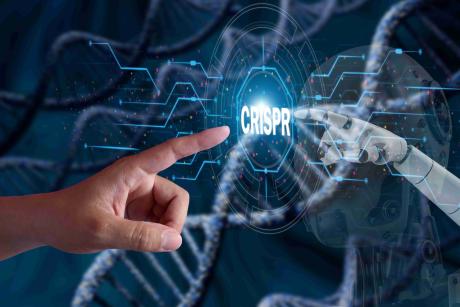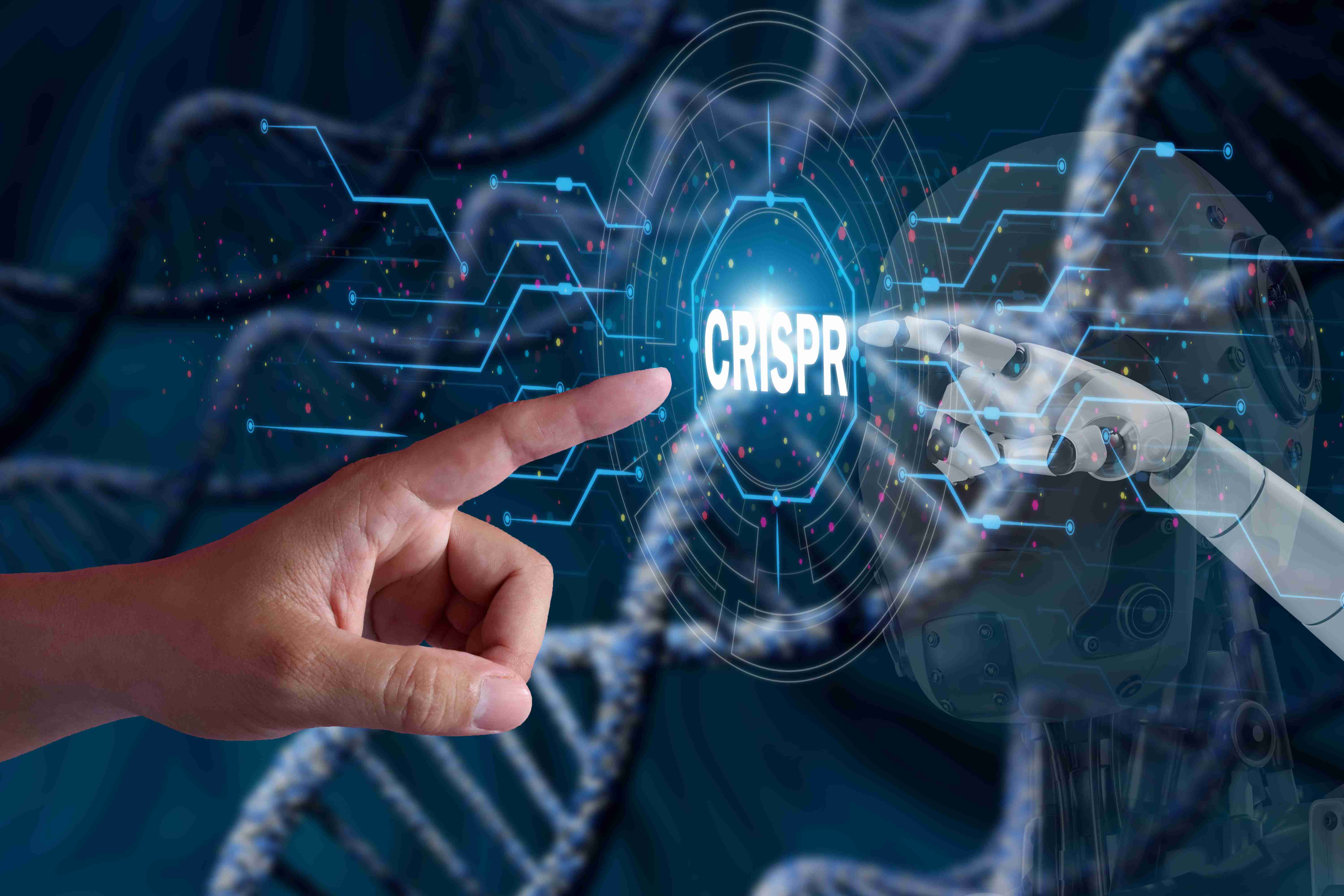CRISPR Gene-Editing Breakthrough Saves Infant with Rare Disease


In a historic first, researchers at the Children's Hospital of Philadelphia and Penn Medicine successfully treated an infant, K.J. Muldoon, with a personalized CRISPR gene-editing therapy for CPS1 deficiency, a rare and fatal metabolic disorder. The child was born without the ability to eliminate ammonia from his body—a condition that, without intervention, would have required a liver transplant.
By delivering the therapy directly to his liver via lipid nanoparticles, doctors corrected the genetic mutation, making this one of the first real-world examples of a truly customized gene-editing intervention.
K.J. is now thriving—gaining weight, eating normally, and preparing to go home. The science? Published this week in the NEJM Group. https://lnkd.in/getRAGsV
At IPRD, we believe this milestone represents a leap toward a future where precision cures are developed rapidly for children with ultrarare genetic disorders—often in months, not years. We are working to bring this future to Florida by advancing personalized gene-editing technologies and building the clinical and research infrastructure to support them.
The future of medicine is here—and it's personal.

